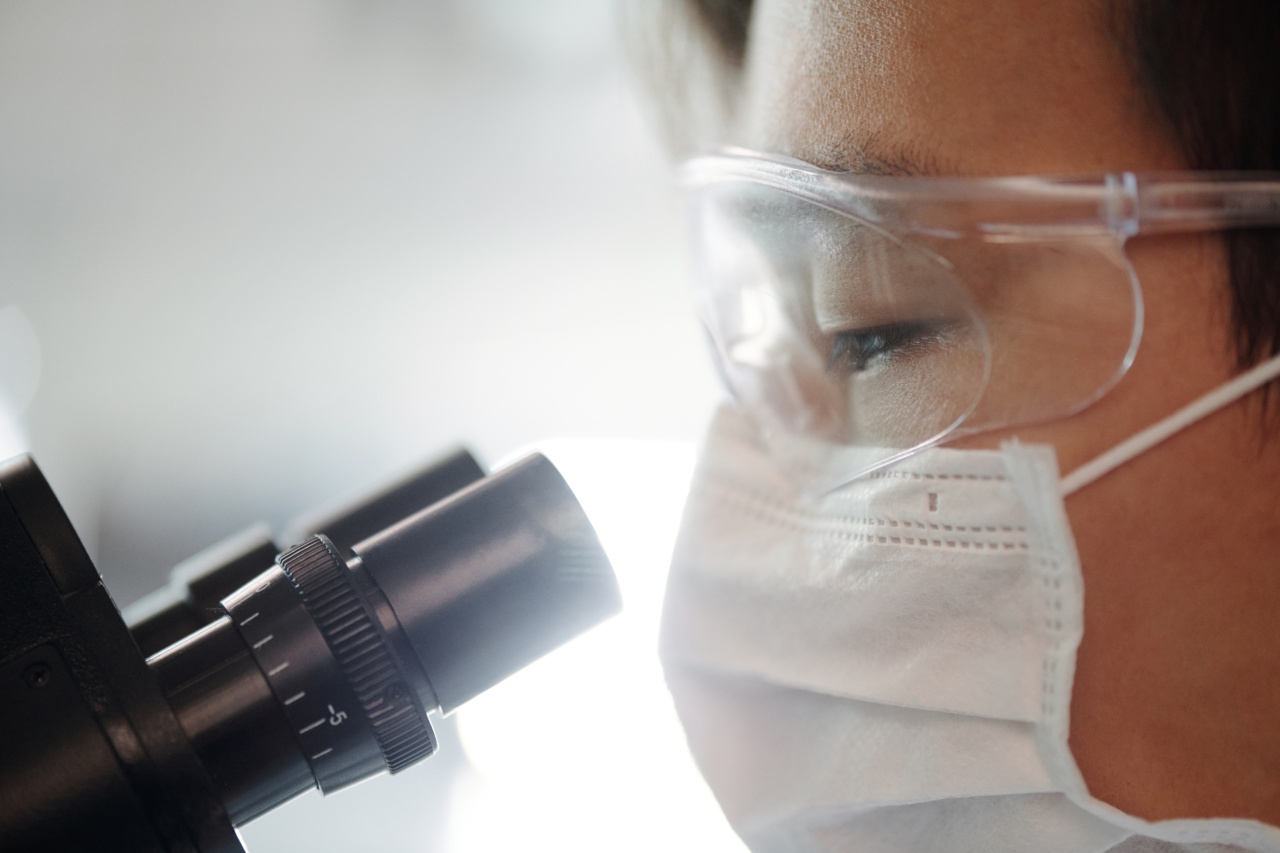Parkinson’s disease is a chronic and progressive neurodegenerative disorder that affects the motor system in the human body.
It is characterized by the degeneration of dopaminergic neurons in the substantia nigra region of the brain leading to involuntary tremors, rigidity, and bradykinesia (slow movements). The exact cause of Parkinson’s disease is still unknown, and there is no cure for the disease.
However, researchers have been studying the potential role of gut bacteria in Parkinson’s disease, and recent studies have shown that there may be a link between the two.
What are Bowel Bacteria?
The human gut is home to trillions of microorganisms, including bacteria, viruses, and fungi. These microorganisms are collectively referred to as the gut microbiome or gut bacteria.
They perform a range of important functions, including aiding digestion, regulating the immune system, and synthesizing essential nutrients. The gut microbiome is also known to play a crucial role in many other diseases, including heart disease, obesity, and diabetes.
What is Parkinson’s Disease?
Parkinson’s disease is a chronic and progressively degenerative neurological disorder that affects the motor system in the human body, leading to the loss of dopaminergic neurons in the substantia nigra region of the brain.
Dopamine is a neurotransmitter that plays a crucial role in the regulation of movement. The loss of dopaminergic neurons in Parkinson’s disease leads to a decline in the levels of dopamine in the brain, leading to tremors, rigidity, and bradykinesia.
The causes of Parkinson’s disease are still not well understood, but both genetic and environmental factors are thought to play a role.
The Link between Gut Bacteria and Parkinson’s Disease
In recent years, researchers have been studying the potential link between gut bacteria and Parkinson’s disease.
Several studies have shown that there are significant changes in the gut microbiome of patients with Parkinson’s disease compared to healthy individuals. These changes include a reduction in the diversity of gut bacteria, an increase in harmful bacteria, and changes in the function of the gut microbiome.
One of the leading theories behind the role of gut bacteria in Parkinson’s disease is that the gut microbiome plays a role in inflammation in the gut, which then triggers neuroinflammation in the brain.
Neuroinflammation is a key feature of Parkinson’s disease and is thought to contribute to the degeneration of dopaminergic neurons in the brain. Studies have shown increased levels of inflammatory markers in the gut and brain of patients with Parkinson’s disease, suggesting a link between inflammation in the gut and brain.
Other studies have shown that gut bacteria may play a role in the synthesis of dopamine, the neurotransmitter that is depleted in Parkinson’s disease.
Researchers have found that certain species of gut bacteria are involved in the synthesis of dopamine and that changes in the gut microbiome can impact dopamine levels in the brain.
Treatments for Parkinson’s Disease
There is currently no cure for Parkinson’s disease, and the treatments available today are aimed at managing the symptoms of the disease.
The primary treatment for Parkinson’s disease is medication aimed at increasing the levels of dopamine in the brain. These medications include levodopa, dopamine agonists, and MAO-B inhibitors. In addition to medication, physical therapy, occupational therapy, and speech therapy may also be used to manage the symptoms of Parkinson’s disease.
The Future of Parkinson’s Disease Research
The potential role of gut bacteria in Parkinson’s disease offers a promising avenue for future research.
If researchers can better understand the relationship between gut bacteria and Parkinson’s disease, it could lead to new treatments for the disease. For example, treatments that target the gut microbiome could be developed to improve gut health and reduce gut inflammation, which may in turn reduce neuroinflammation and slow the progression of Parkinson’s disease.
In conclusion, while the exact cause of Parkinson’s disease is still unknown, recent studies have suggested a potential link between gut bacteria and the disease.
Further research is needed to better understand this link and its implications for the treatment of Parkinson’s disease.



























